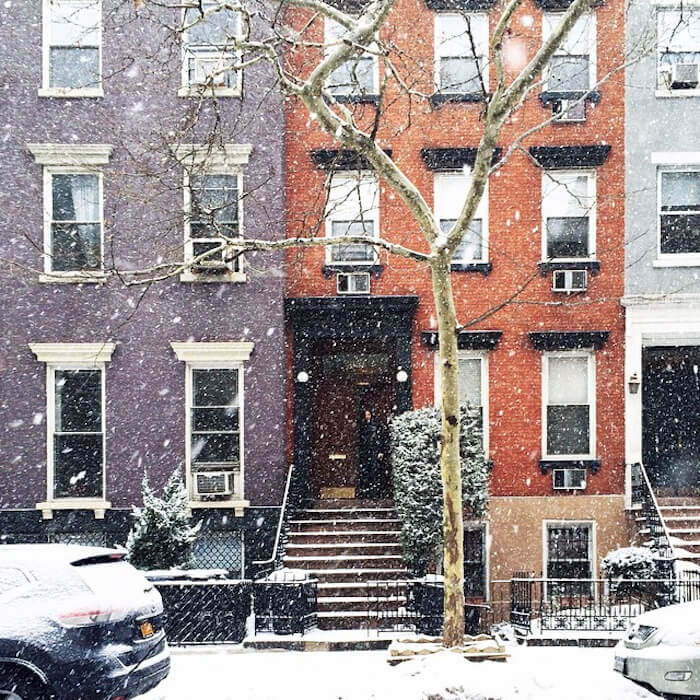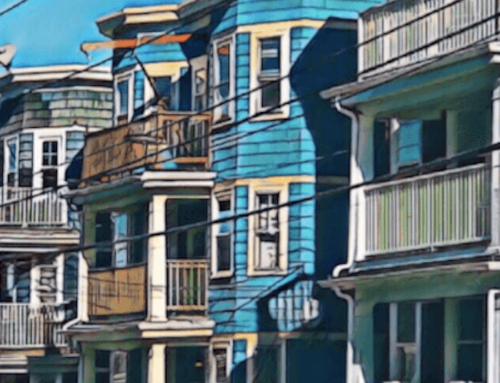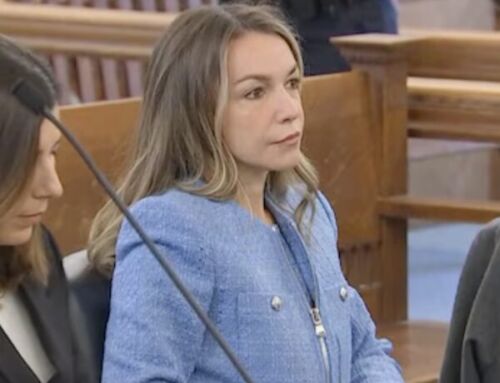Brace yourself!
It’s cold outside – and not just regular cold but bitter cold. Friday temperatures are expected to drop to dangerously low levels, and with wind chill, temperatures will feel like 10-25 degrees below zero. That’s crazy cold! So make sure you’re prepared!
For emergency alerts, including cold-weather alerts, residents are encouraged to sign up for Alert Boston. For questions or additional information, call the City’s resident services hotline, 311, or visit boston.gov/cold. Follow the City on Twitter for additional information and safety tips: @BOS311 and @CityofBoston.
Key safety tips include:
Preventing Hypothermia and Frostbite
Wear several layers of loose-fitting, lightweight, warm clothing rather than one layer of heavy clothing.
Outer garments should be tightly woven and water repellent.
Wear mittens over gloves; layering works for your hands as well. • Always wear a hat and cover your mouth with a scarf to protect your lungs.
Dress children warmly and set reasonable time limits on outdoor play.
Restrict infants’ outdoor exposure when it is colder than 40 degrees Fahrenheit.
Watch for signs of frostbite:
These include loss of feeling and white or pale appearance in extremities such as fingers, toes, ear lobes, and the tip of the nose.
If symptoms are detected, get medical help immediately.
Watch for signs of hypothermia:
These include uncontrollable shivering, memory loss, disorientation, incoherence, slurred speech, drowsiness and apparent exhaustion.
If you or someone you know shows any of these symptoms, get in touch with a healthcare provider immediately. If symptoms are severe, call 911.
Heating Safety
Never try to heat your home using a charcoal or gas grill, the kitchen stove, or other product not specifically designed as a heater. These can cause a fire or produce dangerous levels of carbon monoxide very quickly. Using faulty or improper heating sources is the number two cause of home fires in Massachusetts.
Have your heating system cleaned and checked annually.
Install and maintain smoke alarms and carbon monoxide detectors on every level of your home. Carbon monoxide (CO) is an invisible gas produced whenever any fuel is burned. Common sources include oil or gas furnaces, water heaters, fireplaces, stoves, and some space heaters. It has no smell, taste, or color. It is a poison and is deadly.
Vulnerable Populations
If you see homeless and vulnerable individuals out in the cold who appear immobile, disoriented or underdressed for the cold, please call 911.
The Boston Public Health Commission (BPHC) coordinates a city-wide network of emergency shelters, outreach providers, city agencies and first responders to assist those in need of shelter.
Boston’s emergency shelters are open 24 hours and will accept any person in need. Men can access shelter at the 112 Southampton Street Shelter, and women should go to the Woods-Mullen Shelter at 794 Massachusetts Ave. BPHC and the City are working closely with shelter providers in the city to ensure that no client is without shelter, food, resources, and a warm respite from the cold.
During extreme cold weather, street outreach teams operate with extended hours and provide mobile outreach vans on the streets in the evening and throughout the day.
Heat Guidelines for Property Owners and Tenants
In accordance with the Massachusetts State Sanitary Code, the heating season officially begins on September 15 and runs through June 15. Property owners must heat habitable spaces at a minimum temperature of 68° between 7 a.m. and 11:00 p.m. and 64° between 11:01 p.m. and 6:59 a.m.
In case of emergency, property owners are encouraged to keep a list of licensed contractors (electrician, plumber and general contractor) on file. Tenants experiencing problems with their heating system should check the thermostat, ensure the dial is turned on, and report insufficient or no heat problems to the property owner or manager immediately.
If your landlord or property manager is unresponsive, contact the Inspectional Services Department (ISD) at (617) 635-5300 to file a complaint, or call 311.
Tips to keep water flowing and pipes unfrozen during extreme cold
The Boston Water and Sewer Commission recommends that during the upcoming cold snap homeowners remember the words locate, insulate, and circulate.
Locate a home’s main water shut off valve, and learn how to use it. Should a frozen pipe burst, shutting the main valve quickly will minimize flooding and property damage.
Insulate pipes in unheated areas like basements, garages and crawl spaces. Use inexpensive hardware store materials to prevent pipes from freezing and to keep warm water flowing.
Circulate warm air around pipes by keeping cabinet doors open. Circulate a trickle of tap water through pipes during extreme cold to help prevent them freezing up.
Locate your water meter, protect it from drafts, and make sure basement doors and windows are shut tight.
If pipes do freeze, slow thaw with a hair dryer. If water is lost in all taps, call BWSC 24-hour Emergency Assistance Line at 617-989-7000.
Increasing Home Energy Efficiency
Disconnect water hose from the home.
Wrap or cover exposed spigots.
Caulk or putty windows.
Ensure kitchen and bathroom dampers close properly.
Close all storm windows and doors.
Apply weather stripping.
Properly insulate all pipes that are exposed.
Cover vents.
Install insulated or heavy drapes to keep cold drafts from coming in.
Don’t forget to close the damper to wood burning fireplace after each use. Consider a chimney balloon if you don’t have a damper.
For more energy efficiency tips for your home, call Renew Boston at 617-635-SAVE (7283).
For more cold weather tips from the City of Boston visit here!
Maureen Dahill is the editor of Caught in Southie and a lifelong resident of South Boston sometimes mistaken for a yuppie. Co-host of Caught Up, storyteller, lover of red wine and binge watching TV series. Mrs. Peter G. Follow her @MaureenCaught.




